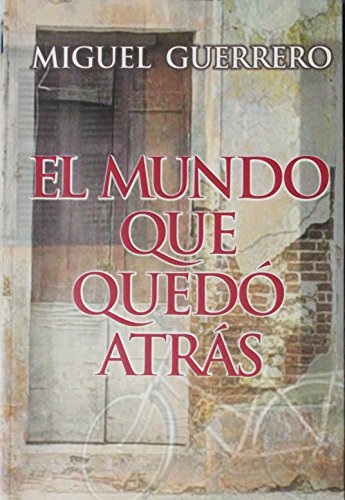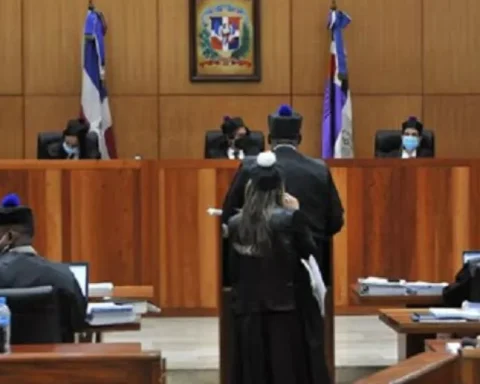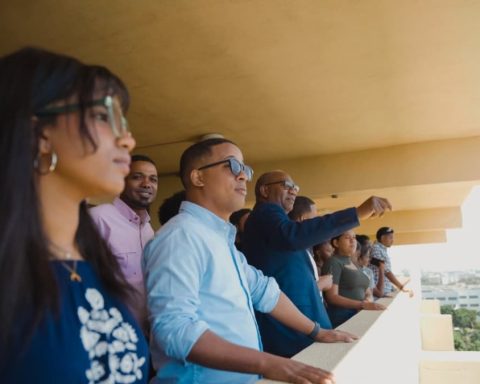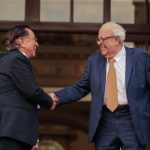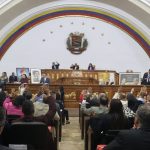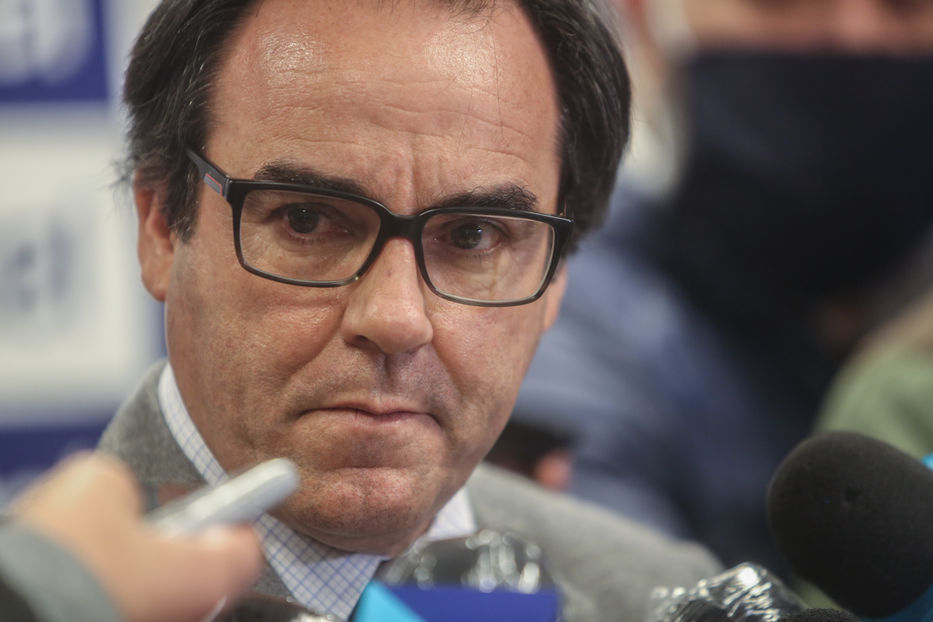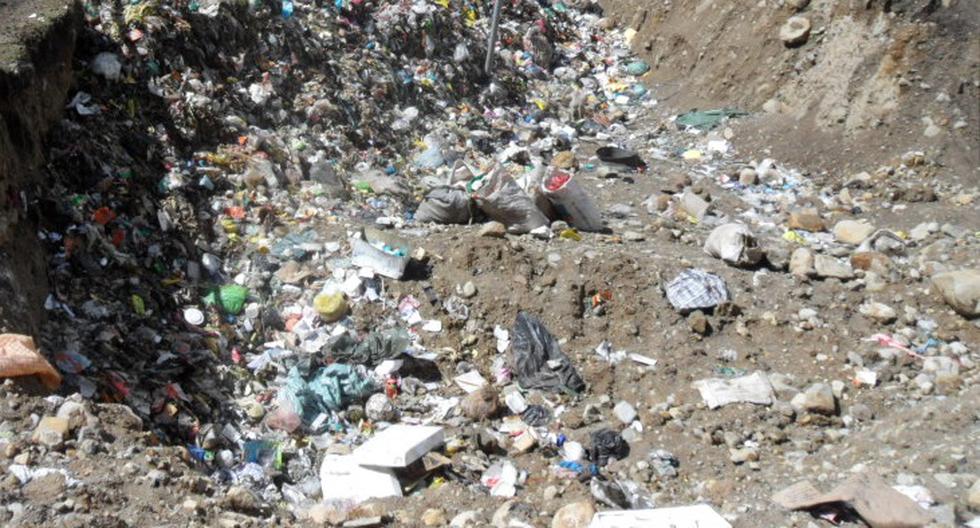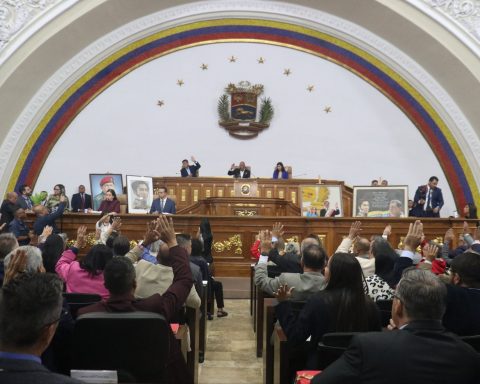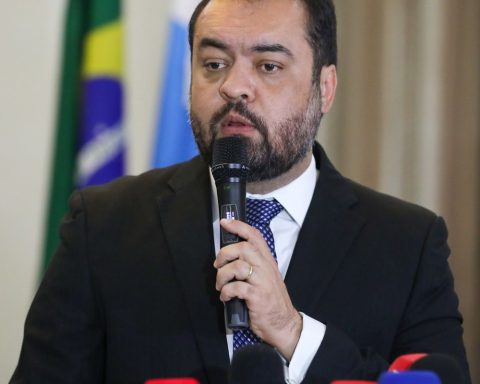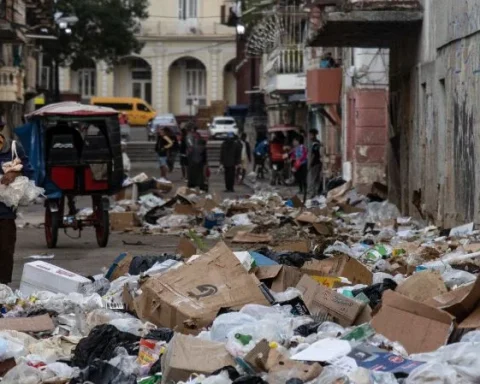By way of introduction
Reading this work could give the false impression that I have tried to venture into the autobiographical genre. Although most of the initial stories are the result of personal experiences and memories of difficult times, the purpose has not been, of course, to review my own history. The ideas and episodes narrated in this space are the fruits of journalistic experiences already told in the same or another way on previous occasions and by different means, both oral and written.
Entire passages refer to moving and dramatic situations that I had to observe or experience firsthand. By recreating them, I hope to encourage similar feelings in the reader. In all probability, the stories told here will have been lived in the same way and with the same intensity by many others. So it would not be strange if someone experienced the same sweet sensation that came over me when recreating them for a book.
With this I basically wanted to leave a testimony of a world that we left behind and that we will never live again, for luck or misfortune of this and other generations.
CHAPTER I
In the hard years of family scarcity, during my adolescence, of which, despite everything, pleasant memories of filial scenes persist in me, disorderly embedded in a remote hiding place of memory, the need arose in that small house of Fabio Fiallo. ration it all Those were times, however, when things seemed easier.
The complexities of progress and the advances of science did not offer the comforts of cable television or the facilities of direct dial international calls. Still, life had its charms.
The rationing began at home with school clothes and ended at night with dinner, in which a few pesos were then enough for the food bought at Nando’s grocery store, on the corner, enough for dad, mom, my five siblings and me.
Tilo, nickname of the one who later became a doctor and practiced in the United States, and second in age, already felt at that time the need to make himself felt among his peers. It was the vanity typical of a boy from a middle-class family who, from a relative and comfortable prosperity, by an adverse blow of fate, with the force of a shot, had been plunged into precariousness, surrounded by scarcity and dignity.
Most of the little family quarrels happened when that brother, who used to wear my father’s shirts, denied Luis, the eldest, the right to wear his. From that difficult time I have the inclination to repair suits, when a few pounds less or more make them useless in the wardrobe.
Such a peculiar custom seemed to be transmitted to another family generation. As soon as the conviction of puberty made my daughter Lara blush at her own gifts, she became fascinated with looking like her mother. It was the period when she acquired her inclination to put on her clothes, just for the mere satisfaction of doing so.
I could see, in the midst of the mother’s small gesture of protest and indignation, a deep glow of joy in her expression, as if nothing made her so proud as that her daughter temporarily deprived her of a garment. Expression that I could see in my son’s eyes, days later when preparing for school, Miguel who was already 15 years old at the time, decided to wear a polo-shirt of mine without any hint of blush. He never seemed so close to him and when I shook his big strong adolescent hand I felt as if the rush of his blood was really flowing through my veins.
And like the day his mother discovered with a cry, a mixture of astonishment and joy, his first hair of beard on his chin, I found a new subject for an article that day.
–0—
After dedicating myself to writing a daily column for more than ten years, suddenly it came to me in 1987, the time for a break. Upon becoming the General Directorate of the Dominican Corporation of State Enterprises (CORDE), I decided that at a given moment my opinions could lack the equanimity and total independence of criteria with which I had maintained them, with great effort, resisting the most pressures. diverse.
Of all the articles I had written in my life, that day I found myself facing the most difficult. I feared that some of my readers, by dint of writing daily, one comes to enjoy the privilege of having them. They thought I was trying to farewell. The damned difficult thing about that last column, in that temporary phase of my professional life as a journalist, was how bad I’ve always been at saying see you later. What he was trying to explain, out of elementary obligation to those who allowed themselves the trouble of periodically stopping in front of that space, was that one day he would be back again anyway.
How does it feel to make a decision of this nature? Among many other sensations, a deep intellectual emptiness, which deep down only shows the hidden vanity in every gesture or human action. I have fought internally this tremendous personal defect, common to all men and painfully pronounced in our journalistic milieu, always asking God for the strength to resist flattery and overcome arrogance or any hint of arrogance.
When I left the presidential office after being sworn in as general director of the Dominican Corporation of State Enterprises (CORDE), in a mechanical gesture I inserted my right hand into a jacket pocket and took out a thick wad of cards and little papers, petitions that they had made in the short stretch between the entrance of the Palace and the front office of the president. The consortium owned 24 companies. I needed at least another 75 to fulfill the applications for managerial positions that had been made to me on that journey.
At INAZUCAR not so many people visited me. The reason was, of course, that there he could appoint almost no one or award contracts. In the two months that I was the director of CORDE, I learned that I had at least one hundred and four cousins and uncles that I had never heard of. One afternoon he came to see me, citing a very big personal emergency, a childhood friend. He told my secretary that we had been the best of comrades at one time and studied together at the same school. I was leaving my office at that time and overheard that part of the conversation. The man was no less than sixty years old and at forty it was difficult for us to have studied together.
The story of the guy who loved me immensely. It was even more instructive when I greeted him like any other visitor and he asked my secretary who I was. There was another one who had the cachaza to remember me. a common experience lived in Montecristi in the 1978 campaign, a place where he had never been and even less in proselytizing work.
A very influential secretary of the Palace always sent me pieces of paper with job recommendations. The first days I tended to pay attention but when I saw that they were beyond my capacity to place them, I called him to ask him which of them had priority, given the employment pressures that were then exerted on the government, to try to find some solution. He replied that none, that he should not pay attention to them. But many of those pieces of paper did have to be taken care of. When I identified them, I changed tactics and threw them all into the basket. From there I started having problems.
To an administrator, a political figure of some prestige who had been a congressman. I changed his position by putting him in a more important company in attention, among other things, to the merits of his supporters. I became a kind of benefactor to him. It was nice to see him in my office, where he went regularly with flattery of all kinds. On one occasion she could not contain herself and she hugged me so tightly that the emotion barely reached her voice, tremulous as if close to tears: “I will never forget what you have done for me… I thought that her new position did not deserve so much and I came to implore God for the opportunity to give this man the prize he deserved.
The night my irrevocable resignation from office was published a few days later, my colleagues saw him drunkenly celebrating the news in an executive club, in the company of others. .I toast so you don’t regret it., He said raising his glass.
A gentleman in the Palace, who seemed to be a close friend of an influential official, called me to a corner and handed me a piece of paper recommending himself for a position. He had written his address and phone number on the back of an obscene letter he intended to address to a woman who appeared, from the text, to be a friend’s secretary. Almost in his presence, full of shame when I read the text, I tore up the paper and had to stoically accept a barrage of insults in which he reminded me that I was nothing more than an inconsiderate who had puffed up my position, and whom the President would lower soon the fumes
If I had learned anything throughout my professional career, the one that helped me in my brief experience as a public servant, was to assess the importance of humility in all its dimensions. I have never felt stronger and more prepared for the fight, whatever it may be, like when I feel the certainty, still years later, that humility dominates in me, over all other feelings or human weakness.
When my father died, that sad and leaden afternoon in May, what provided the necessary courage to bear the enormous tragedy that befell us, was nothing more than the immense sensation of smallness that I and my brothers reflected in his death. The true greatness of his existence was not in his many personal achievements, of his life a strange conjugation of successes and failures that ended up bringing him down when he lacked physical strength to face the storms, but in the simplicity of his heart and in his incredible perception to capture the pure essence of human existence in the most inconsequential of everyday scenes.
Behind her stern, stern expression floated a heart as sweet and transparent as honey. He had fought against all odds and faced the worst vicissitudes in forging the largest and most successful of his personal enterprises, which was his family, and yet he had managed to protect the essential fibers of his heart, to the point of being able to inflame inwardly before the splendor of a blossoming flower or the tears of a hungry child. It was there where his true nature resided and from where I extracted, unfortunately in the final stage of his life, the fundamental elements of love and admiration that death and time have not achieved.
Of all her virtues, the one she appreciated most in any of us, her children, was simplicity and humility. The others lacked the essential value of these, because he knew that talent, wealth and physical beauty were, after all, temporary like life itself and dwarfed before the greatness of God. As in the case of men, he believed that great nations had become so only through the full understanding of their limitations and possibilities.
The turning point of my professional career goes back to the moment when I understood, in all its intensity, the real power of the written word. Knowing how destructive or constructive a newspaper article could ultimately be made me prudent; develop a natural instinct of protection not against myself, but against the honor and safety of others.
He had practiced journalism from a completely critical perspective. But he had done it knowing my responsibilities and limitations and with absolute and full freedom of conscience. Only when he was deeply and thoroughly convinced that he could act again under those conditions would he be back.
